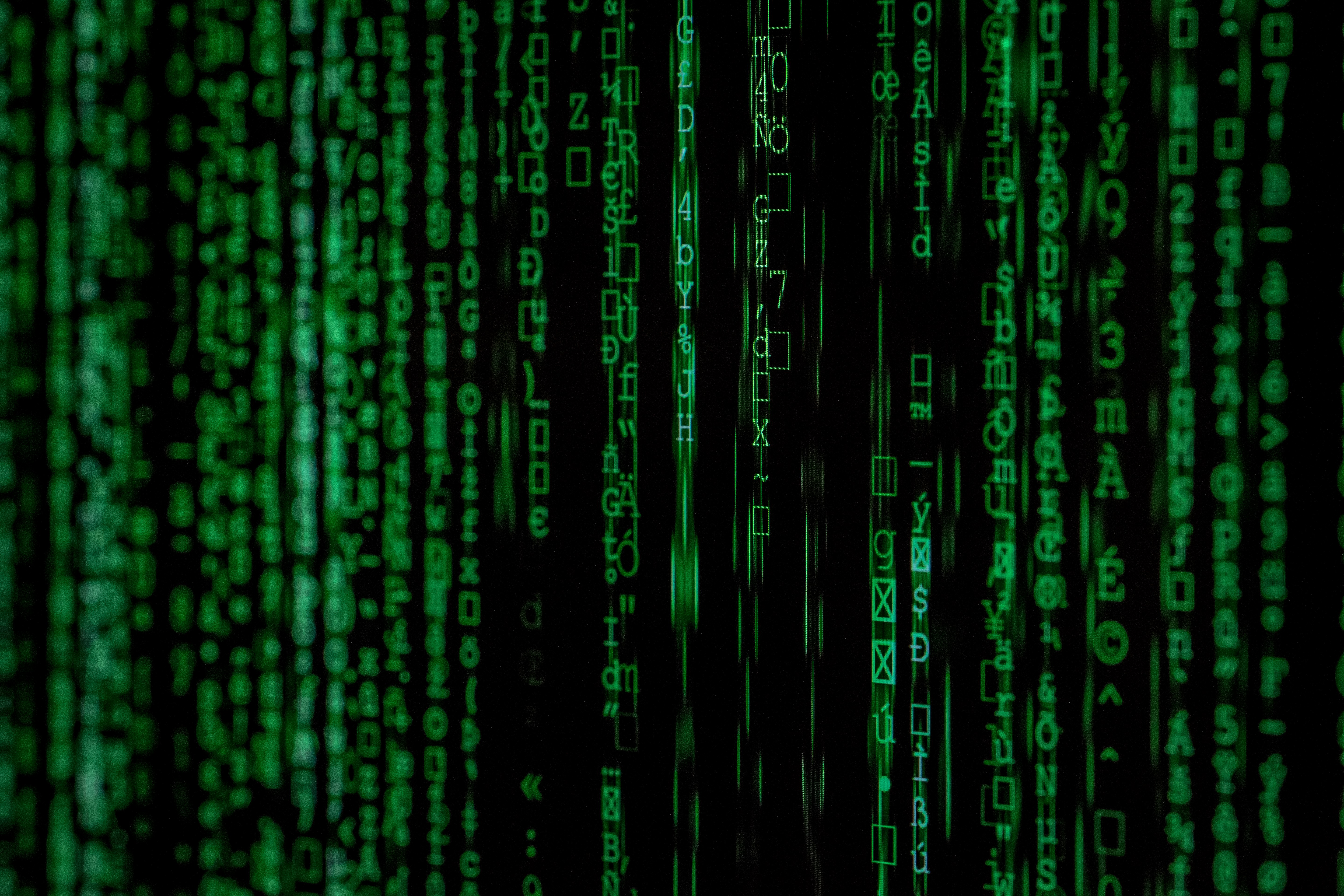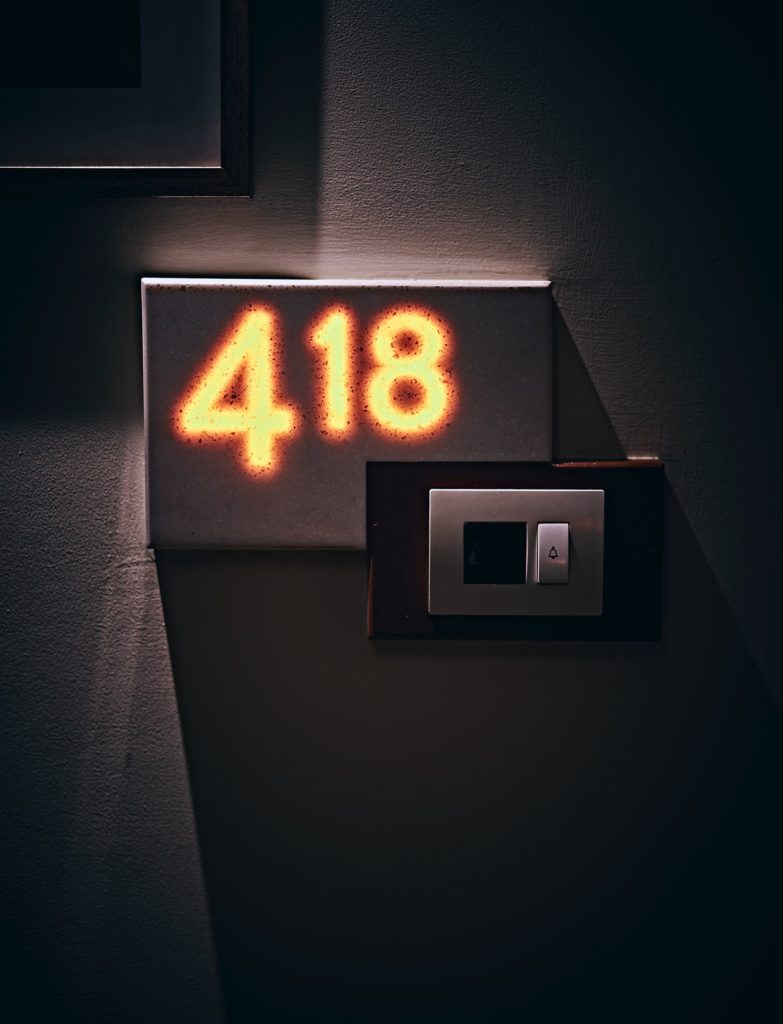If you’ve ever gotten an electric bill that seemed entirely too high and wished that you knew how to prevent it, you are not alone. Sometimes, our electric bills can climb without explanation. It could be due to an inefficient air conditioner, faulty appliances, or other reasons, all of which you may not be aware of those until you receive that bill. That being said, if you could know ahead of time that your home is using too much electricity, that would likely be great. Luckily, there are options for that: smart meters.
A smart meter is designed to collect information about your energy usage and send that information to you and your electric company directly. Learn more about smart meters and how it could benefit you to install one at your property.
What is a smart meter?

Smart meters are used to measure the amount of electricity used at your property, just like a traditional meter. The difference is that they will collect the data in real-time, providing valuable analytics to both electrical companies and property owners. Your electric supplier may already be in the process of replacing your analog meter with a new smart meter. According to the U.S. Energy Information Administration, more than 94 million residential properties and single-family homes were using these smart meters by the end of 2019.
The Perks of a Smart Meter

No matter if you are a real estate investor, earn income as a landlord or a property manager, or own your own home, a smart meter can provide many perks for you. One of the best tips for investing in rental properties is to streamline your costs as much as possible, and that includes the electric rates that you’ll be paying. Smart meters offer many advantages.
These meters are very energy-efficient, which also makes them more eco-friendly. If you are buying a fixer-upper home, it might be good to install a smart meter so you can see if anything is draining your electricity. For example, older appliances and wiring could be taking up more energy than needed and helps you make an informed energy choice.
Their real-time feedback allows you to monitor your usage and make adjustments as needed. Instead of having a huge unexpected bill, you can see immediately if something changes and fix it before you are stuck with a bill that is a drain on your finances. For property owners on a tight budget, that big electric bill could affect you greatly.
Smart meters can also reduce the potential for blackouts. This is important, especially if you are a property manager monitoring an apartment complex, duplex, triplex, or other multifamily dwellings. Some of your tenants could require electricity to survive, as some have medical devices that run on it. Besides that, all of your tenants will want to be living at a rental property that has steady electricity and doesn’t need unexpected repair. Having a smart meter installed could mitigate these issues and also makes it easier for electric providers and suppliers to know if there is a power outage so they can respond promptly.
The Downside to Smart Meters

The advantages of smart meters are many, especially when it comes to helping reduce utility costs. However, there are some disadvantages as well. You may have an extra fee from your energy provider for installing a smart meter. Additionally, there are some privacy concerns surrounding the amount of data collected by these devices and how the electric companies are protecting that data so it stays secure. You should always compare electricity provider companies to others within your service area to see how they are storing data and what they do to keep client data secure so that you know you are choosing the best provider possible for you, your property, and your family.





